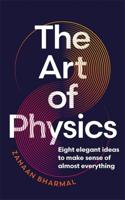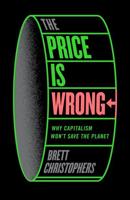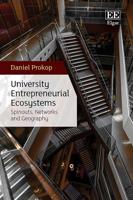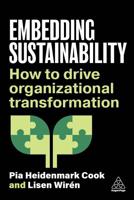Publisher's Synopsis
El impactante libro que desafìa el capitalismo para construir una sociedad más justa y terminar con la emergencia climática, a través del pensamiento ecológico de Karl Marx.
Más de medio millón de lectores en Japón.
Premio Asian Book Award 2021 al mejor libro del año.
La civilización se enfrenta a una grave crisis existencial en la era del Antropoceno, en la que la actividad económica destruye con saña la Tierra y condena a la humanidad a la catástrofe medioambiental. Si no se toman medidas contra el cambio climático, el mundo volverá a un estado de barbarie. No existe un plan B para el planeta Tierra.
Para evitar la debacle, es necesario acabar con la obsesión capitalista por la búsqueda ilimitada de beneficios. Pero ¿puede la civilización prosperar renunciando al capitalismo? Por supuesto. Existen soluciones para sortear la crisis, y las pistas para alcanzarlas llevan ciento cincuenta años esperando en el pensamiento del último Karl Marx. Hay una única salida posible: conseguir la abundancia a través del decrecimiento económico. Es la oportunidad para lograr una sociedad más justa.
ENGLISH DESCRIPTION
"[A] well-reasoned and eye-opening treatise. . . . [Kohei Saito makes] a provocative and visionary proposal." -Publishers Weekly, starred review
"A cogently structured anti-capitalist approach to the climate crisis." -Kirkus Reviews, starred review
Why, in our affluent society, do so many people live in poverty, without access to health care, working multiple jobs and are nevertheless unable to make ends meet, with no future prospects, while the planet is burning?
In his international bestseller, Kohei Saito argues that while unfettered capitalism is often blamed for inequality and climate change, subsequent calls for "sustainable growth" and a "Green New Deal" are a dangerous compromise. Capitalism creates artificial scarcity by pursuing profit based on the value of products rather than their usefulness and by putting perpetual growth above all else. It is therefore impossible to reverse climate change in a capitalist society-more: the system that caused the problem in the first place cannot be an integral part of the solution.
Instead, Saito advocates for degrowth and deceleration, which he conceives as the slowing of economic activity through the democratic reform of labor and production. In practical terms, he argues for:
· the end of mass production and mass consumption
· decarbonization through shorter working hours
· the prioritization of essential labor over corporate profits
By returning to a system of social ownership, he argues, we can restore abundance and focus on those activities that are essential for human life, effectively reversing climate change and saving the planet.










